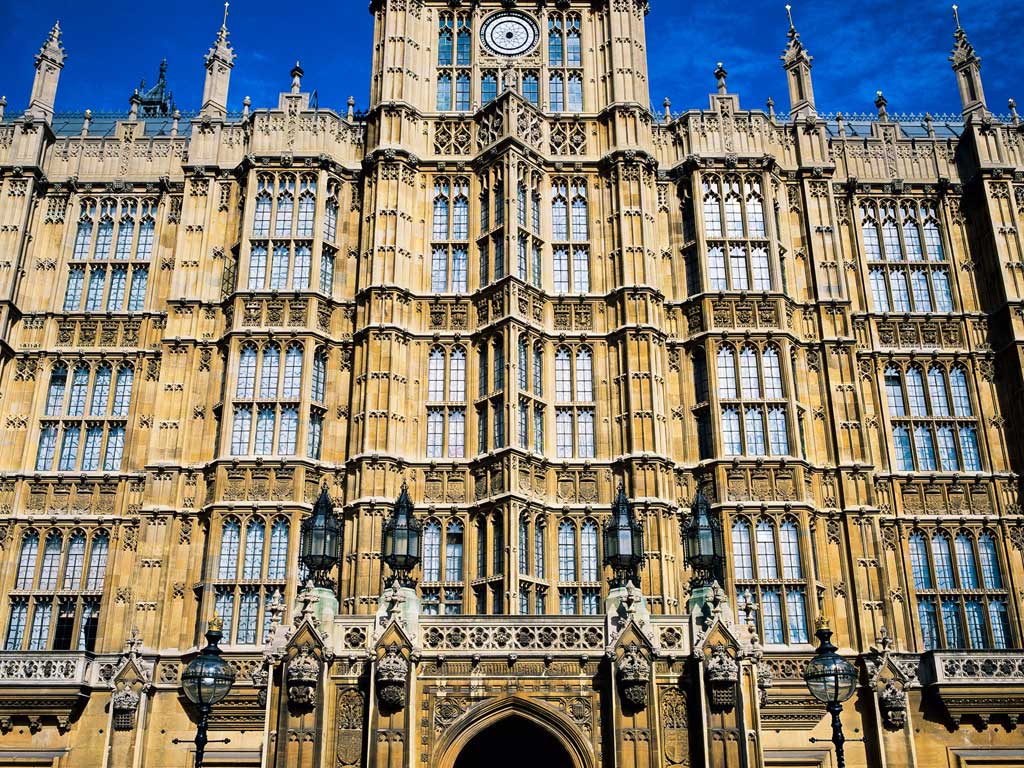Your support helps us to tell the story
From reproductive rights to climate change to Big Tech, The Independent is on the ground when the story is developing. Whether it's investigating the financials of Elon Musk's pro-Trump PAC or producing our latest documentary, 'The A Word', which shines a light on the American women fighting for reproductive rights, we know how important it is to parse out the facts from the messaging.
At such a critical moment in US history, we need reporters on the ground. Your donation allows us to keep sending journalists to speak to both sides of the story.
The Independent is trusted by Americans across the entire political spectrum. And unlike many other quality news outlets, we choose not to lock Americans out of our reporting and analysis with paywalls. We believe quality journalism should be available to everyone, paid for by those who can afford it.
Your support makes all the difference.A constitutional convention to look at changing the UK’s voting system and further devolution could be one step closer after Labour said it would consider supporting a fresh push by Liberal Democrats to set one up.
A Liberal Democrat peer, Lord Purvis, has brought forward plans for a convention to suggest major changes to the way Britain is governed.
He says the convention should look at devolution, changes to the Westminster voting system, and reform of the House of Lords.
The peer’s proposals, included in a private member’s bill, may benefit from cross-party support in the House of Lords, where the Conservatives do not enjoy an overall majority.
A Labour spokesperson told The Independent the party welcomed the introduction of Lord Purvis’s plans but that it would have to look at the details before it could say whether it supported them or not.
Whether or not to support a convention will likely be decided by the party’s future leadership, which is currently being chosen by party members and will be announced in September.
A plan for a similar constitutional convention was included in the Labour manifesto in last month’s election.
“We need to abolish the make do and mend approach to reform that has let the SNP move the devolution goalposts time and again in a way that might work for them, but not for Scotland or the rest of the UK,” Lord Purvis said.
“A constitutional convention will help us reach a settlement that protects the future of the UK and delivers communities the powers they need to thrive.”
The Liberal Democrats and Labour combined both have a broadly similar number of peers in the House of Lords as the Conservative party.
With over 170 independent ‘crossbench’ peers the proposals could enjoy enough support in the chamber to be passed by the chamber.
Any proposal which passed the House of Lords would have to be put to the House of Commons where it could be rejected by the government, which has a majority.
The government has proposed further devolution of power on its own accord, independently of a convention, however.
A variant of House of Lords reform was abandoned by the 2010 coalition government after opposition from Conservative backbenchers.
A report out today by the Electoral Reform Society found that Britain's voting system was not fit for purpose, that last month's election produced the most disproportionate result in history, and that it was accelerating the break-up of the UK.

Join our commenting forum
Join thought-provoking conversations, follow other Independent readers and see their replies
Comments